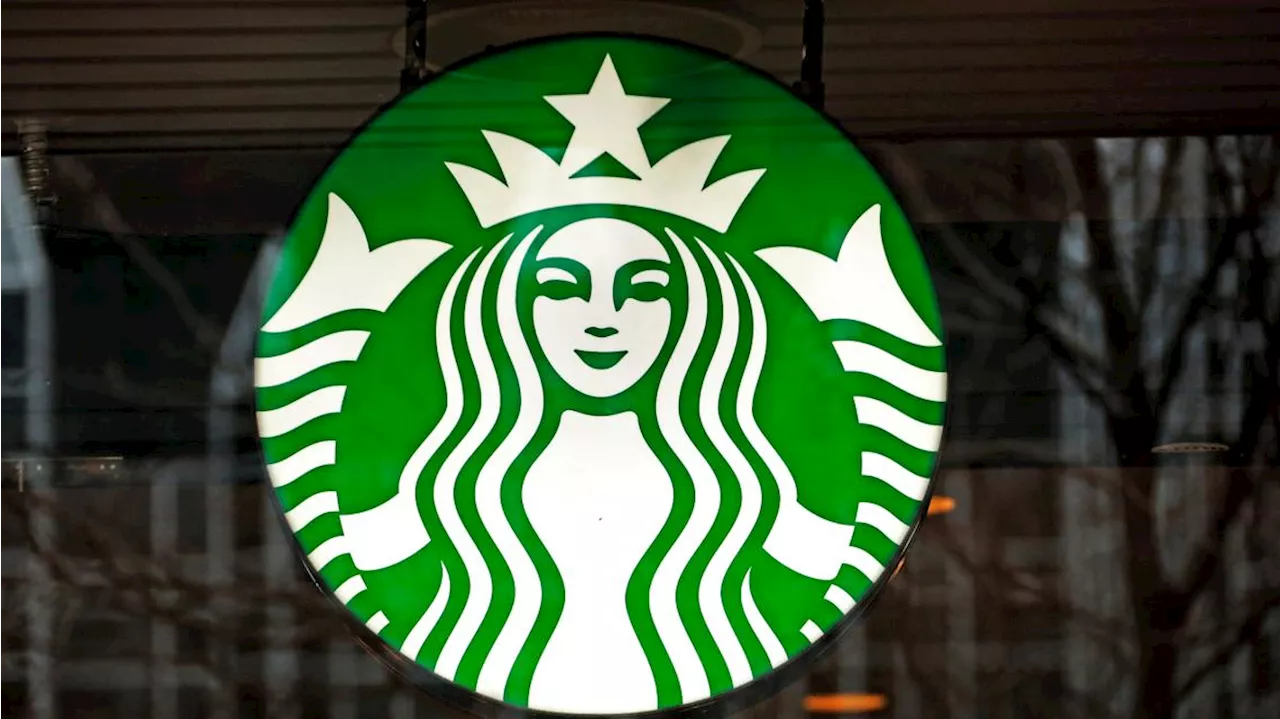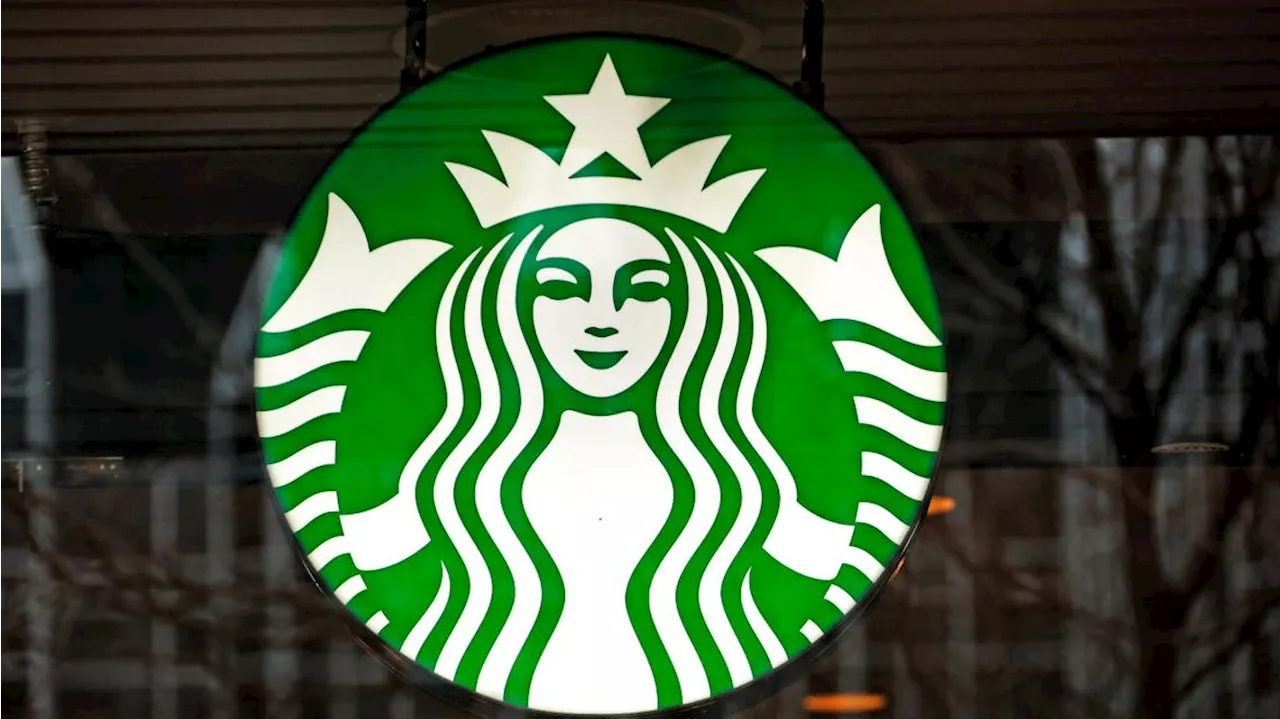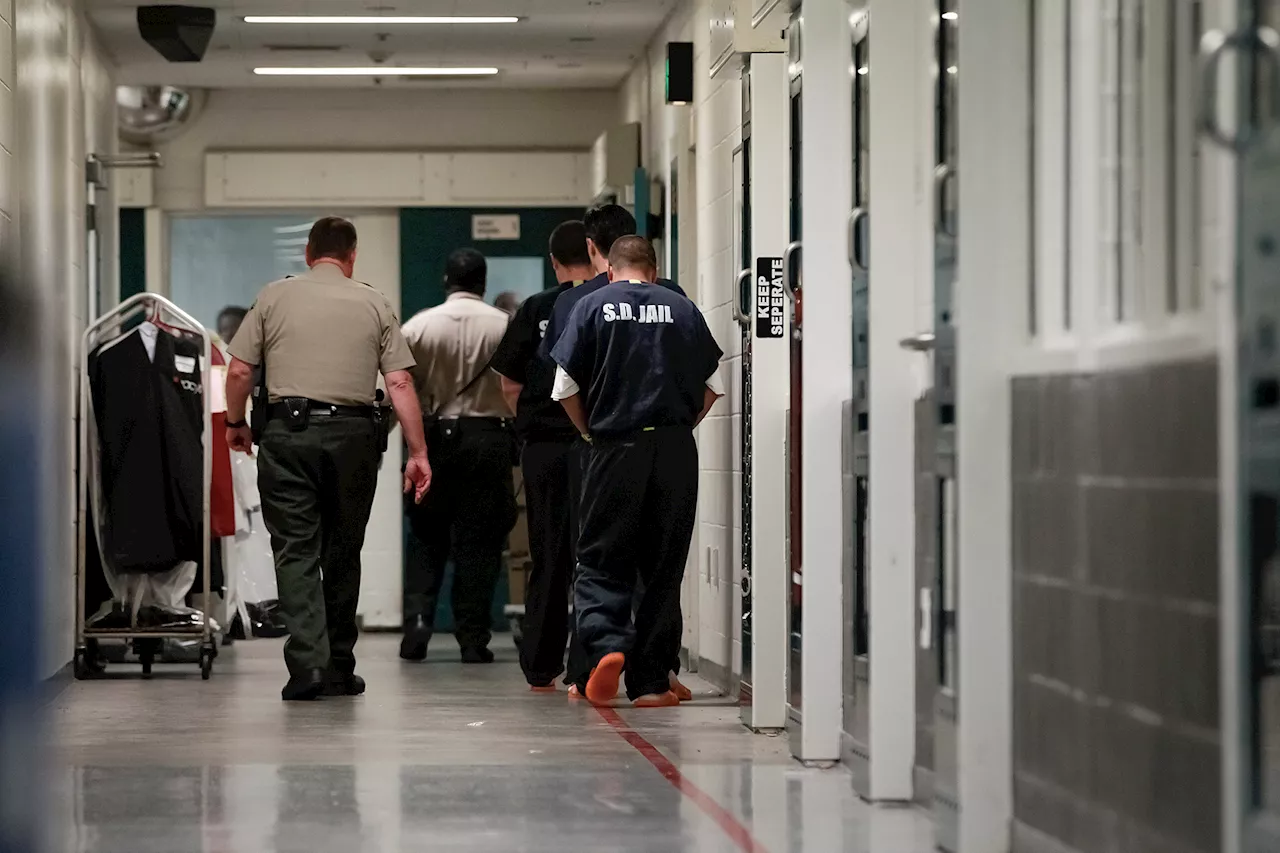Starbucks is implementing a new code of conduct in its North American company-owned stores, reversing its previous open-door policy. The code aims to create a more comfortable and safe environment for paying customers by prohibiting activities such as drug use, panhandling, and disruptive behavior.
Starbucks is implementing a new code of conduct in its North American company-owned stores, reversing its previous open-door policy. The code, which will be posted in all locations, aims to prioritize paying customers and create a more comfortable environment for everyone. The rules prohibit discrimination or harassment, consumption of outside alcohol, smoking, vaping, drug use, and panhandling. Violators will be asked to leave, and the store may contact law enforcement if necessary.
Starbucks spokesperson Jaci Anderson stated that most other retailers already have similar policies in place and that the changes are designed to enhance the experience for paying customers. The move comes after a series of safety concerns and incidents in Starbucks stores across the country. These included drug use, disruptive behavior, and other issues that threatened staff safety. The company faced criticism for its previous open-door policy following the arrest of two Black men at a Philadelphia Starbucks in 2018. The incident, captured on video, sparked national outrage and highlighted the need for clearer guidelines regarding store access and behavior. Starbucks emphasized its commitment to inclusivity and ensuring that all customers feel welcome, but the new code seeks to balance this with the need to maintain a safe and productive environment for both employees and patrons
STARBUCKS CODE OF CONDUCT CUSTOMER EXPERIENCE SAFETY CONCERNS RETAIL POLICIES
United States Latest News, United States Headlines
Similar News:You can also read news stories similar to this one that we have collected from other news sources.
 Starbucks Reverses Open-Door Policy, Implements New Code of ConductStarbucks announced a new code of conduct for its company-owned North American stores, reversing its open-door policy implemented in 2018 after two Black men were arrested at a Philadelphia location. The new rules aim to prioritize paying customers and discourage disruptive behaviors like consumption of outside alcohol, smoking, vaping, drug use, and panhandling. Violators may be asked to leave or law enforcement may be called.
Starbucks Reverses Open-Door Policy, Implements New Code of ConductStarbucks announced a new code of conduct for its company-owned North American stores, reversing its open-door policy implemented in 2018 after two Black men were arrested at a Philadelphia location. The new rules aim to prioritize paying customers and discourage disruptive behaviors like consumption of outside alcohol, smoking, vaping, drug use, and panhandling. Violators may be asked to leave or law enforcement may be called.
Read more »
 Starbucks Reverses Open Door Policy, Instates New Code of ConductStarbucks announced a new code of conduct for its company-owned North American stores, reversing its 2018 open-door policy. The code prohibits discrimination, harassment, consumption of outside alcohol, smoking, vaping, drug use, and panhandling. Starbucks aims to prioritize paying customers and create a safer environment. Violators may be asked to leave, and the store may contact law enforcement if necessary. This change comes after a 2018 incident involving the arrest of two Black men at a Philadelphia Starbucks sparked controversy and led to the implementation of the open-door policy.
Starbucks Reverses Open Door Policy, Instates New Code of ConductStarbucks announced a new code of conduct for its company-owned North American stores, reversing its 2018 open-door policy. The code prohibits discrimination, harassment, consumption of outside alcohol, smoking, vaping, drug use, and panhandling. Starbucks aims to prioritize paying customers and create a safer environment. Violators may be asked to leave, and the store may contact law enforcement if necessary. This change comes after a 2018 incident involving the arrest of two Black men at a Philadelphia Starbucks sparked controversy and led to the implementation of the open-door policy.
Read more »
 New York enacts law ending retail sales of dogs and catsPet store puppies and cats are no longer for sale in New York state. The law went into effect on Sunday banning the retail sale of dogs, cats, and rabbits.
New York enacts law ending retail sales of dogs and catsPet store puppies and cats are no longer for sale in New York state. The law went into effect on Sunday banning the retail sale of dogs, cats, and rabbits.
Read more »
 California Enacts New Laws to Revitalize Downtown Areas with Alcohol and Cannabis SalesTwo new California laws aim to boost foot traffic in struggling downtown areas by allowing alcohol sales in designated entertainment zones and legalizing Amsterdam-style cannabis cafes.
California Enacts New Laws to Revitalize Downtown Areas with Alcohol and Cannabis SalesTwo new California laws aim to boost foot traffic in struggling downtown areas by allowing alcohol sales in designated entertainment zones and legalizing Amsterdam-style cannabis cafes.
Read more »
 California Enacts New Gun Safety Laws in Response to Recent Mass ShootingsGovernor Gavin Newsom signed several bills aimed at reducing gun violence and preventing mass shootings. The new laws, building on California’s existing gun safety measures, come in the wake of a recent school shooting in Wisconsin.
California Enacts New Gun Safety Laws in Response to Recent Mass ShootingsGovernor Gavin Newsom signed several bills aimed at reducing gun violence and preventing mass shootings. The new laws, building on California’s existing gun safety measures, come in the wake of a recent school shooting in Wisconsin.
Read more »
 California Enacts New Laws to Crack Down on Retail Theft and Drug OffensesCalifornia is implementing stricter penalties for drug and retail theft offenses, reversing a previous initiative that reduced penalties for lower-level crimes. Voters also approved Proposition 36, which toughens sentences for theft and drug offenses.
California Enacts New Laws to Crack Down on Retail Theft and Drug OffensesCalifornia is implementing stricter penalties for drug and retail theft offenses, reversing a previous initiative that reduced penalties for lower-level crimes. Voters also approved Proposition 36, which toughens sentences for theft and drug offenses.
Read more »
